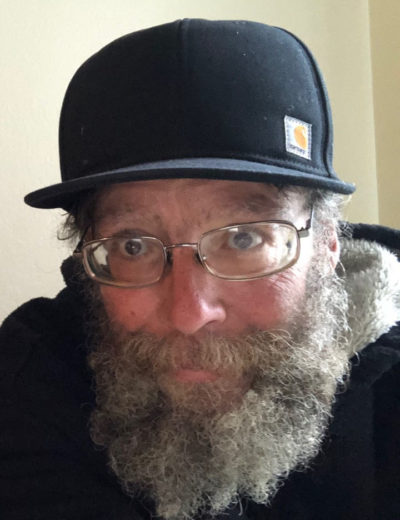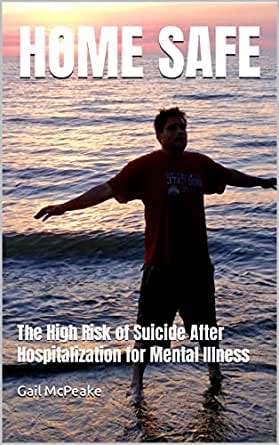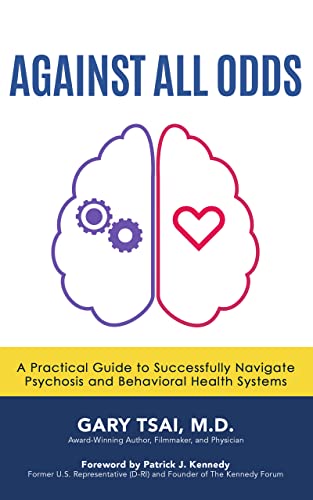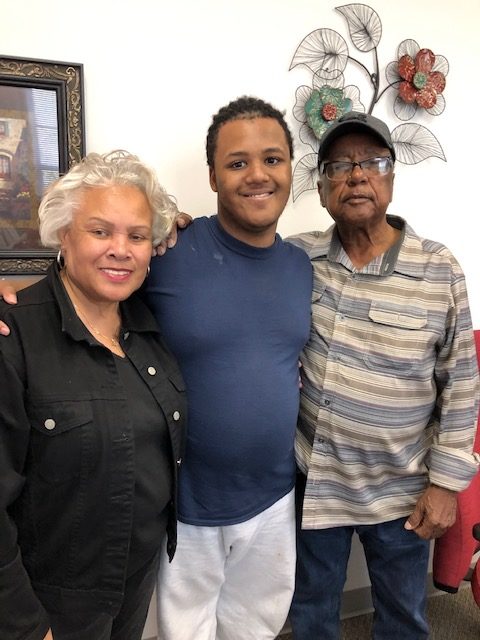
My son Joshua received multiple diagnoses. (Photo courtesy of Joanne Tubbs Kelly.)
(8-19-22) How do you accommodate grief? Are there silver linings in tragedies?
I first met Joanne Tubbs Kelly and her husband, Alan, several years ago when I spoke to a NAMI group in Boulder, Colorado. Their son, Joshua, had a serious mental illness.
Little did we know what the coming years would bring.
(Please tell me on my Facebook page what has helped you when you face difficult times.)
Good luck? Bad luck? – who knows?
Mental illness? Mental health? — who knows?
by Joanne Tubbs Kelly, author of Walking Him Home, helping my husband die with dignity.
Forgive me for starting this essay with a tired joke.
You’ve probably heard the one about the ancient farmer whose horse died, so he couldn’t plow his field. All his neighbors commiserated, saying “Sorry for your bad luck.” The farmer replied, “Good luck? bad luck? — who knows?”
Because his horse died, the farmer’s son came home from the next village to help his father plow the field by hand. His neighbors say, “How lucky you are your son came home to help you!” and the farmer once again replies, “Good luck/bad luck, who knows?”
The son breaks his leg while he is working in the farmer’s field. The neighbors tell him what bad luck he is having and the farmer replies with his now-famous response. And so on. The broken leg keeps the son from being drafted into the military.
There’s no punch line per se, just the constant refrain, “Good luck? Bad luck? — who knows?”
Now tuck that story away and listen to the story of mental illness in my family:






